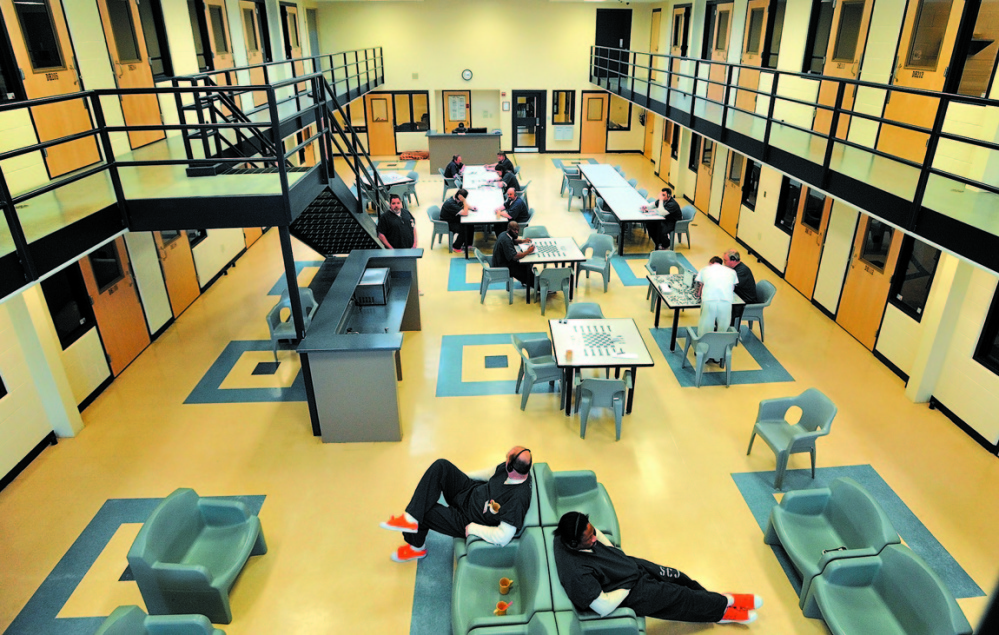SKOWHEGAN — Somerset County’s taxpayers are the ones who will pay the price for Thursday’s Maine Supreme Judicial Court ruling that Somerset County improperly used revenue from boarding federal prisoners in 2013 to pay down its jail debt, the county administrator said Friday.
“This case has been about protecting the Somerset County taxpayers, and I’m disappointed that the justices didn’t see it that way,” County Administrator Dawn DiBlasi said Friday. “Somerset continues to be the second-poorest county in the state and the third-largest county, with a population of approximately 52,000. This decision took money right out of their pockets.”
While the county felt the biggest financial hit three years ago when it didn’t get the money it thought it was owed, winning the decision and getting the money now would have been a big help to the still-struggling county budget.
In a 4-1 decision, the court ruled against the county, stating that the Maine Board of Corrections had the authority to hold the county’s third quarter payment in 2013 because the county had taken in more federal money than expected and used it to pay down debt on the construction of the jail in East Madison.
The Board of Corrections said the extra money should have gone to the board for dispersal throughout the entire 15-jail corrections system. For that, the board reduced the amount of Somerset County’s corrections funding by withholding the third quarter payment in the amount of $280,442, and the county filed suit.
The board, which has since been disbanded, also withheld the county’s fourth quarter payment, bringing the total amount the county thought it was owed to $560,884.
“The impact (of not getting the money) back in 2013 was huge,” DiBlasi said Friday of the intended tax relief for county taxpayers. “But now, because the law has changed since then, it’s not going to change much for anybody today. The deficit was in 2013 and we managed to limp through that, but there will be no tax relief going forward if it remains the same.”
She said the state’s withholding of money from the county forced one of the four pods at the jail to close and 17 job vacancies to remain unfilled “so we could operate in the black.”
DiBlasi said the county’s lawyer, Peter Marchese, of Waterville, is out of the country this week and will pick the case back up when he returns. She said she hopes Marchese will file a motion to reconsider the Supreme Court’s decision.
DiBlasi said the county previously received about $1.1 million from the State Investment Fund and $300,000 from the Community Corrections Act, 20 percent of which was to be used for programs to combat recidivism.
Now, she said, with state budget cuts, the county receives a flat $700,000 to cover corrections – 30 percent of which has to be earmarked for inmate recidivism programs.
DiBlasi said the county was punished for being frugal and smart with its surplus money by paying off debt on the jail, which opened in 2009.
Send questions/comments to the editors.





Success. Please wait for the page to reload. If the page does not reload within 5 seconds, please refresh the page.
Enter your email and password to access comments.
Hi, to comment on stories you must . This profile is in addition to your subscription and website login.
Already have a commenting profile? .
Invalid username/password.
Please check your email to confirm and complete your registration.
Only subscribers are eligible to post comments. Please subscribe or login first for digital access. Here’s why.
Use the form below to reset your password. When you've submitted your account email, we will send an email with a reset code.